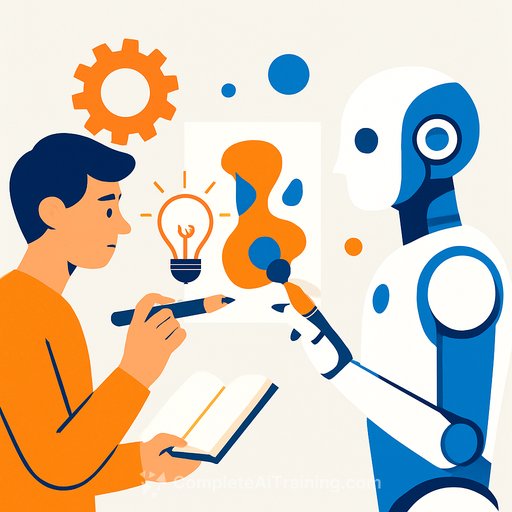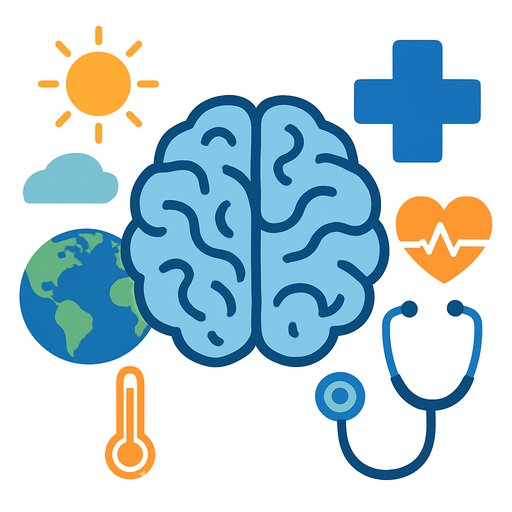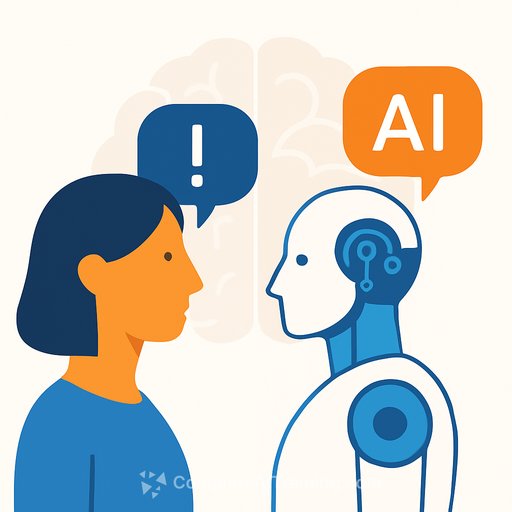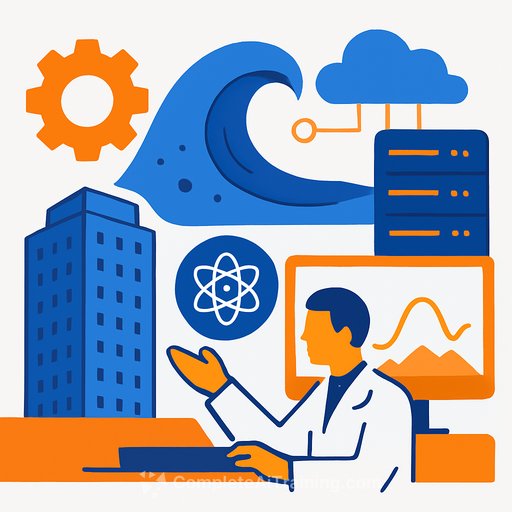Does AI Mean The End Of Test Tubes And Beakers?
Artificial intelligence (AI) is making a growing impact in scientific research and education. Its integration into laboratories prompts a key question: will traditional tools like test tubes and beakers become obsolete?
The Role of AI in Scientific Research
AI is now widely used to analyze large datasets, automate experimental processes, and predict results. This enables simulations of conditions that might be difficult or time-consuming to recreate physically, potentially reducing the need for some hands-on experiments.
Benefits of AI in the Laboratory
- Improved efficiency through automation of routine tasks
- Reduced human error in data collection and analysis
- Faster discovery cycles by quickly processing complex information
- Researchers can concentrate on designing experiments and interpreting results
Challenges and Considerations
However, reliance on AI also brings challenges. There is a risk that traditional laboratory skills could become less valued. Ethical issues such as data privacy and algorithmic bias need careful management to maintain research integrity.
The Future of Laboratory Work
AI is set to change laboratory workflows, but it won’t eliminate the need for physical experimentation. A hybrid model combining AI-driven analysis with hands-on work will likely become standard, leveraging the strengths of both approaches.
For those interested in expanding their AI skills within scientific contexts, exploring specialized AI training can be valuable. Resources like Complete AI Training’s courses by job role offer practical learning paths tailored to research professionals.
Your membership also unlocks:





